The Hustler sat down with education reporter and author Laura Pappano to discuss activism, education and her advice for emerging educators. Pappano visited campus on April 9 to deliver a talk — hosted by Dialogue Vanderbilt, Margaret Cunningim Women’s Center and the Heard Libraries — on her new book “School Moms: Parent Activism, Partisan Politics, and the Battle for Public Education.” Pappano’s book chronicles culture wars in public schools, and follows activist groups such as Moms for Liberty to report on the politicization of education. Pappano also mentors the East Rock Record, a student newspaper.
The Vanderbilt Hustler: Vanderbilt hosts one of the most prominent education schools in the country. Based on your writing and research, what advice do you have for students currently training to enter the education field?
Pappano: What an important and meaningful time to be interested in education in the field. We need really fabulous people in the field right now. I think education is at a kind of tipping point. We’re having a real battle over the future of public education. My daughter, who is 29 [years old], is a principal in Dallas. I look at the impact she’s having — she’s only been a principal since September — on the school culture, and you realize that people who are intelligent, committed, thoughtful and bring good energy into schools are critical. Not just to get our next generation educated, but to our democracy.
We need public education to work and we need people like kids from the Peabody school to be part of that. We need to be willing to recognize that there’s a lot of noise in education right now, but to not be discouraged about that. There’s a lot of misinformation about what schools do, what teachers do, what education leaders do, and I think we need really strong and knowledgeable voices to speak up. I think that that’s the other piece of it — students at Peabody are learning and practicing that relationships between teachers and students are absolutely critical. Nobody wants to go to school to have information or facts shoveled at them. They want to go there because they can connect with people who can help them grow up and learn things and lead their lives. That gets lost in the education conversation a lot of times because we’re just looking at test scores, but culture matters a lot, and I would argue that a lot of the problems that we’re seeing in education right now — whether it is absenteeism or mental health — all of those things are connected to building relationships in school culture. One of the problems that I write about in my book is these far-right attacks that are really vilifying the very teachers and leaders that are so essential to forging really strong educational relationships.
You’ve written extensively about how politics has infiltrated education, especially public, in the United States. What trends in this realm do you foresee impacting the future of education?
I’ve covered education for over 30 years, and I work with kids in schools. I didn’t plan to write this book or even want to write this book. I felt compelled because what I was seeing going on in schools was not about education: it was about politics.
So suddenly schools, which we had long assumed and treated as nonpartisan places, were suddenly being used as political platforms. And I found that deeply wrong. And it’s not about taking sides. It’s about preserving the thing that we call public education, because it is really key to our democracy. John Dewey made the point that having public schools works towards developing our future citizens. So I saw the politicization as deeply problematic. If you take it even further towards what we’re seeing now with the voucher issue in Tennessee right now, it is really a tool for taking money out of public schools and putting them into private Christian schools. And if you look at what’s happened around the country, you see that many of the people who are taking advantage of vouchers — that don’t have ceilings on them unlike years ago — were already sending their kids to private schools. It harkens back to the segregation academies after Brown vs. Board of Education, with the kind of funneling towards some Christian schools as well. So, I think there are profoundly heavy politics being played in schools right now. Our children deserve to be educated, to go to school with people who are different from them, to learn to have relationships. I think what we’re doing to kids right now in terms of the politicization of schools, is just awful.
Your work documents how books have begun to be wielded as political — what have you learned about book bans and related legislation through your reporting?
There was a law that didn’t pass, but was designed to foist criminal penalties on librarians, for the books that they had if someone decided that they were violating obscenity laws. Librarians are really kind, thoughtful people who do this work because they want you to find the best book and get really pumped about the book you’re going to read. But we saw a spate of legislation that started two years ago that was attempting to criminalize libraries — this is not new, though.
One of the things I did in the book was I dug into the history and looked at Board of Education, Island Trees Union Free School District No. 26 v. Pico by Pico. What I found when I dug into newspaper archives, around how that book ban and how that lawsuit evolved, was striking to me and how similar they were to what we are seeing right now. In Melbourne, Fla., you have this group called Book Looks, a far-right group that basically does the work for you. If you’re a far right agitator, you come up with lists of books that they want to see banned. So I think the basic problem with book bans is that they’re imposing somebody’s views on everyone. Libraries and books are there to be read, or not read. If you don’t want your kid to read a book, then set that parameter.
One of the things I did when I was writing this book was I interviewed several librarians, and I asked questions like, ‘walk me through it, what does your job entail?’. And you realize that there’s not some box set of library books that get shipped out to everybody. Librarians curate the books, according to their campuses. So you’ll have one school that has one set of books and another school that has another set of books. Librarians are very mindful of the ages they work with what is appropriate for each age group. That’s their job, they’re very well trained to do that. The idea that we’re vilifying librarians is really disturbing because we need kids to read, we need them to like reading and not be afraid of reading because they’re violating someone’s approval. I bought a whole bunch of the banned books and read them, and I found them enlightening. One of the librarians I interviewed explained that people think if you read something in a book, you’re going to go out and do it. The librarian said ‘that’s not how books work.’ Books give you insight. Those same kinds of fears were present in the 1960s and 70s — people who feel they ought to impose their values on others. Books are a tool for doing that.
Around this time last year, our paper reported extensively on the Covenant School shooting that occurred just down the street from our campus. How do you think gun violence has affected this generation’s school experience?
I haven’t written a lot about gun violence for this book because it just wasn’t relevant here — but it’s not irrelevant. There are a lot of moms and groups on the ground who are working very hard to look at gun violence issues and solutions. I think that some of the outlandish proposals of arming teachers are terrifying. Gun violence and violence in our society is a massive problem. One of the things that worries me a great deal is the willingness of the far-right to embrace violence and violent rhetoric around democracy, schools, and children — it is truly horrifying.
I realized this when I was at the first Moms for Liberty summit in Tampa in July 2022. There was a board member for Moms For Liberty, who was talking about that “don’t say gay” law, and he said that it was unfinished and there were more details that needed to be added to the law, in his view, more effective. I was sitting there in a ballroom with 500 Moms For Liberty only a few weeks after the Uvalde, Texas shooting, hearing him use an automatic weapon as a metaphor. I was stunned and disgusted, but I was even more worried and disgusted that there wasn’t a peep in the room, that a group of people decided that somehow that was okay. I think we have to be very clear: there is no role for guns and weapons in schools. We can’t pretend that this is not a problem. When kids have to worry about their own safety in schools, when people have to be ready to bar doors. As a mother of someone who works in a public school every day in Texas, I do worry about that a lot. So I don’t understand why this is even an issue.
How have you found that the K-12 and collegiate school experiences have changed due to Covid-19? How does this affect the experience of students?
I think it has had a more profound and lasting effect than we have even fully grasped. One of the reasons why we have this situation right now with the far right, is because COVID-19 brought people together at school board meetings and people could see which team everybody was on. People met one another and got together and decided to agitate.
I work with kids and we ran our school newspaper online during COVID. I look at the struggle that was for many of the kids, mental health wise. Some of my kids have written about it in the East Rock Record, right after people came back. It’s something that I think we haven’t completely gotten over. It’s like, how do we recalibrate our community after something as deep and disruptive as the pandemic? Just because schools open and the six-foot separation stickers are no longer needed, that doesn’t mean that we snap back. There’s a lot more to it. I do think that people did get into habits that were different. There were some kids who wrote pieces about how they preferred learning online, how they just wanted to stay in their pajamas and they had more control over their learning and their day. Other kids were craving friend interactions. I think we have to get used to one another again, and it’s going to take some time. But I also think that these far right attacks on public schools are not helping at all. They’re not making schools the kind of refuge that we need them to be for many kids.
Why do you think moms in particular have been at the forefront of the politicization of schools that you study? What do you think has to be done to depoliticize schools?
Moms have done a lot of silent labor in schools. And not just white moms — Black moms, Asian moms, queer moms, Hispanic moms. My focus on moms was really to recognize the fact that women have a long history of invisible labor. I think the other part of it, too, is that moms are now not just showing up and doing the dinner or the teacher appreciation breakfasts or volunteering to check out books in the library — they are digging into legislation. They’re letting people know what’s up at the school board meeting. They’re getting people to turn out, they’re getting people organized to run for school board. They are playing a really powerful role.
One of the people I interviewed in the book pointed this out to me: she said, [this is] the beauty of moms. A lot of political activists only know other political activists, but moms have deep and wide networks. As a mom myself, on the sidelines of soccer games, you’re always chatting with people. You’re always getting to know people. You’ve forged these connections because you care about the community. That carries a great deal of really important credibility when you’re trying to solve problems. So I think that the work that moms are doing is absolutely essential.
How do you think about the discrepancy between moms who you’ve described as enacting positive political change and groups like Moms for Liberty?
Well, I’ll just tell a story. So I go to the first Mom’s for Liberty Summit. I register under my name, I’m not trying to trick anybody. But I do dress to fit in. I wear a red blazer. I have a little American flag pin in my lapel. I did buy two T-shirts. As a journalist, I’ve gone into so many situations that are politically frothy. My job there is not to say if I disagree or agree, my job is [to ask], ‘what’s the argument? Does this make sense? What’s the logic here?’ What I found when I first got in there was that it made no sense. Within the first half hour, I was hearing that sending your children to public school for 30 to 35 hours a week was like sending them to a Maoist reform prison camp. What I saw over the course of four days was really a far-right move to emotionally fill the moms with fear that the very teachers, librarians and school leaders who are there to help and teach their children were actually dangerous and were harming them.
What I was struck by was how they played on emotions and fear. Their messaging was, ‘We know you’re traditional moms, you’re not comfortable stepping up, speaking out, running for school board. But you know what? Your children are facing existential danger. You need to act. You need to push aside your own personal discomfort and step up.’ This is that classic World War II, roll up your sleeves, we need you. It was a very emotional appeal. What I was struck by is that the moms in the room didn’t run it through their brain. They didn’t say, ‘Does this make any sense? Is social emotional learning a form of Marxist indoctrination? Are our libraries really filled with pornography? Are teachers really trying to change the gender of our children?’ There was a failure to question. Moms for Liberty was very effective in framing a scary language that has since been picked up and used over and over and over again. I’ve seen this reporting in other places, how we have this national language that gets pushed down to the local level, whether or not it applies.
I did a story in Vanity Fair that was out in December in which I spent a lot of time tracking a very contentious series of school board races in North Idaho, a place where the budget got cut by a third because they failed to pass a levy. They couldn’t clean their schools. There were mice running over children’s feet. They’d sent back the English Language Arts curriculum because a group of petitioners said, rightly, that it contained Social Emotional Learning, but they said that was a Trojan horse for Critical Race Theory. One of the big issues that I heard about when I was on a dirt road in front of a Masonic temple on election day was that ‘We’re going to keep boys out of girls bathrooms.’ They framed it as ‘transgenderism,’ which isn’t even a thing and is a slur. Yet honestly, that was not the issue in the school. The issue is that they didn’t have curriculum or money, but you have this national language, this fear that boys are going to be going into girls bathrooms.
This is the same kind of fear that Moms for Liberty was framing and pushing at their summit and at subsequent summits. When I look at those school moms, I feel they have in a sense traded on the title of mom, because I think the title of mom is a special kind of title. I think they’ve traded on that and been duplicitous, because I don’t think they have all children’s best interests at heart. If you look at the language by far-right groups like the Heritage Foundation or the Cato Institute or The Manhattan Institute or any number of far-right groups, or you look at what’s happening on the legislative level, their messaging is all the same messaging. They’re people who are using that position of trust, and I think, breaching it.
How did you end up getting involved in The New Haven Student Journalism Project? What are some of your favorites of the topics they’ve covered? What do you learn from the students that you mentor?
I learned so much from the students. As a journalist covering education, being involved on a weekly basis with kids in grades three through eight, gives me so much insight about where kids are and what’s up. In a trivial way, I learned about TikTok like seven years ago from kids in middle school writing about TikTok before any adults even knew about it. This spring, we’re trying our hand at TV journalism — a group is making a TV News Package about TikTok addiction. I’ve learned so much from the students — I learned about how much people were struggling emotionally and you know, mental health-wise during COVID. We did a piece several years ago about why the only foreign language offered in their school is Spanish. We did a story in the February issue about school lunches. What I love is that they’re so concrete about their concerns.
I started working with student journalists in a different public school in Massachusetts when my own kids were young, and I just thought it would be really fun. Those kids are now grown up and some of them are even journalists. I remember having a third grader writing about how to watch opera, and he is now in Berlin and doing all kinds of writing. It is a real joy and a pleasure for me to work with them every week. My goal is really to get them to recognize that they have great ideas, that the things they’re seeing around them and have questions about are legitimate sources of inquiry, that you’re allowed to ask questions, and you’re allowed to ask questions of people in power. Once we interviewed the mayor at his first press conference two days after he was first elected. One student asks ‘Are you going to change the name of the Christopher Columbus school?’ The next time we had a press conference, he [the mayor] gets in touch with me and says ‘Laura, can you just tell me what they’re going to ask just so I can be ready?’ Being able to ask questions and recognize that your voice, even if you’re in third grade or fifth grade, matters is important. It also gives me great hope because these kids are so smart. One of our groups is doing a video package on the Beatles — so if anyone is wondering what’s coming around again, it’s going to be very cool.





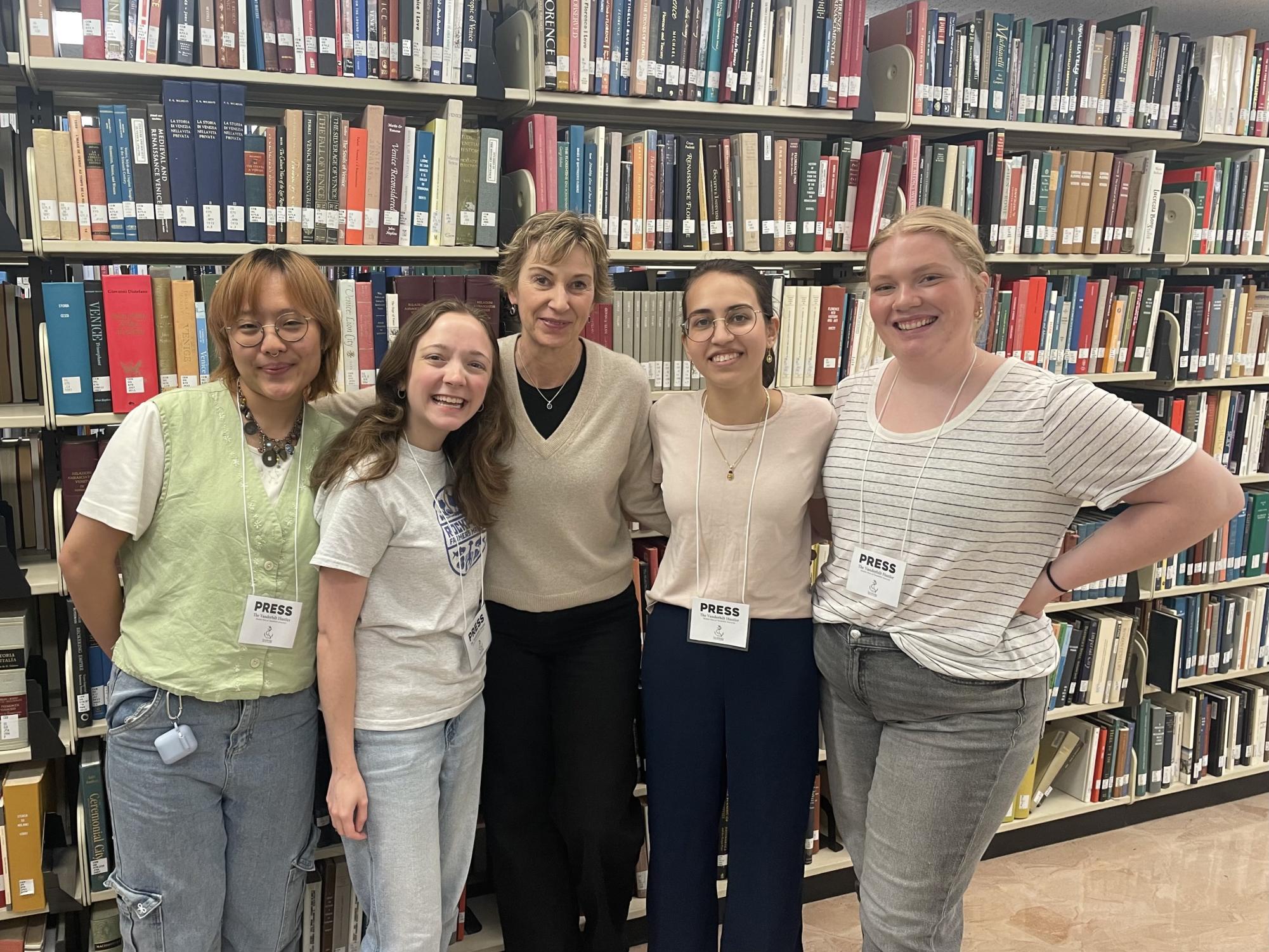
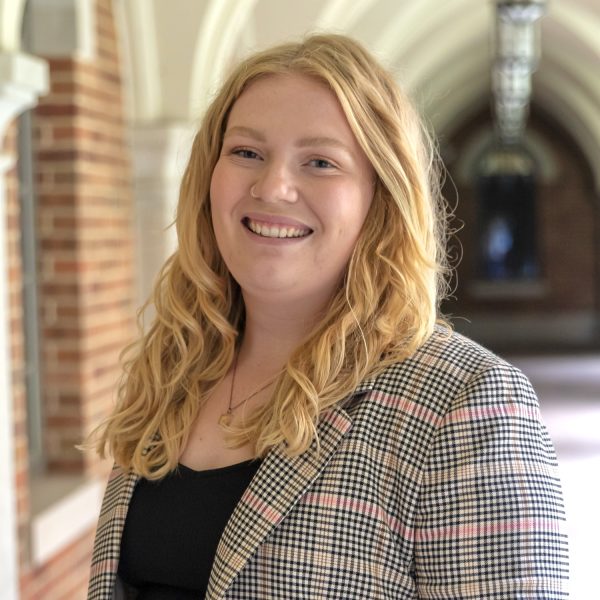
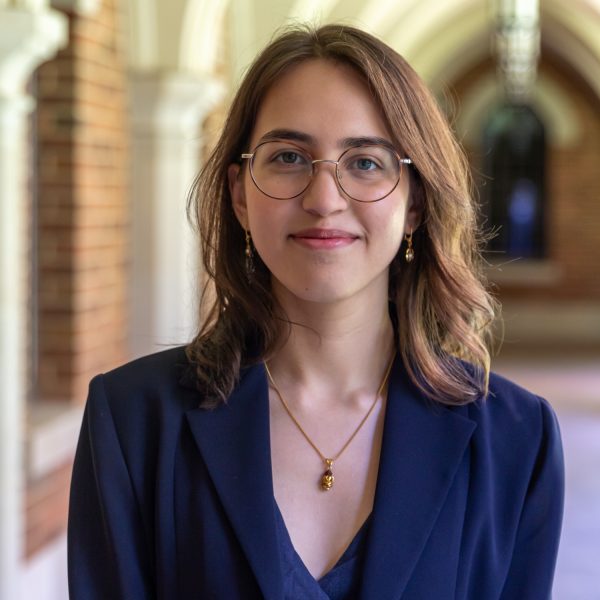
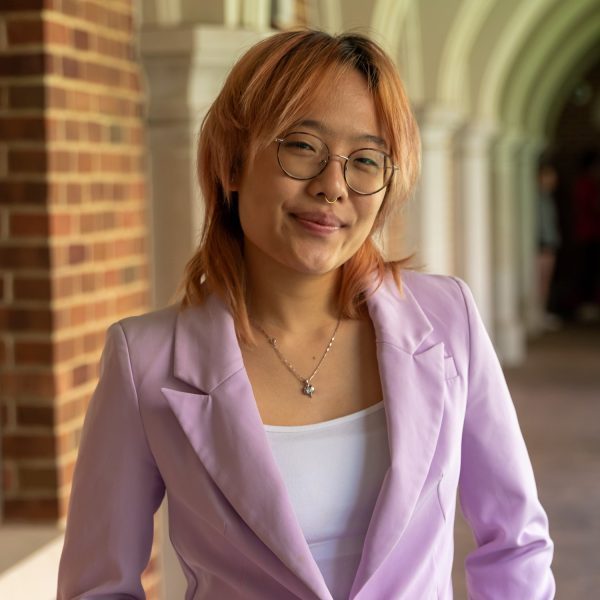
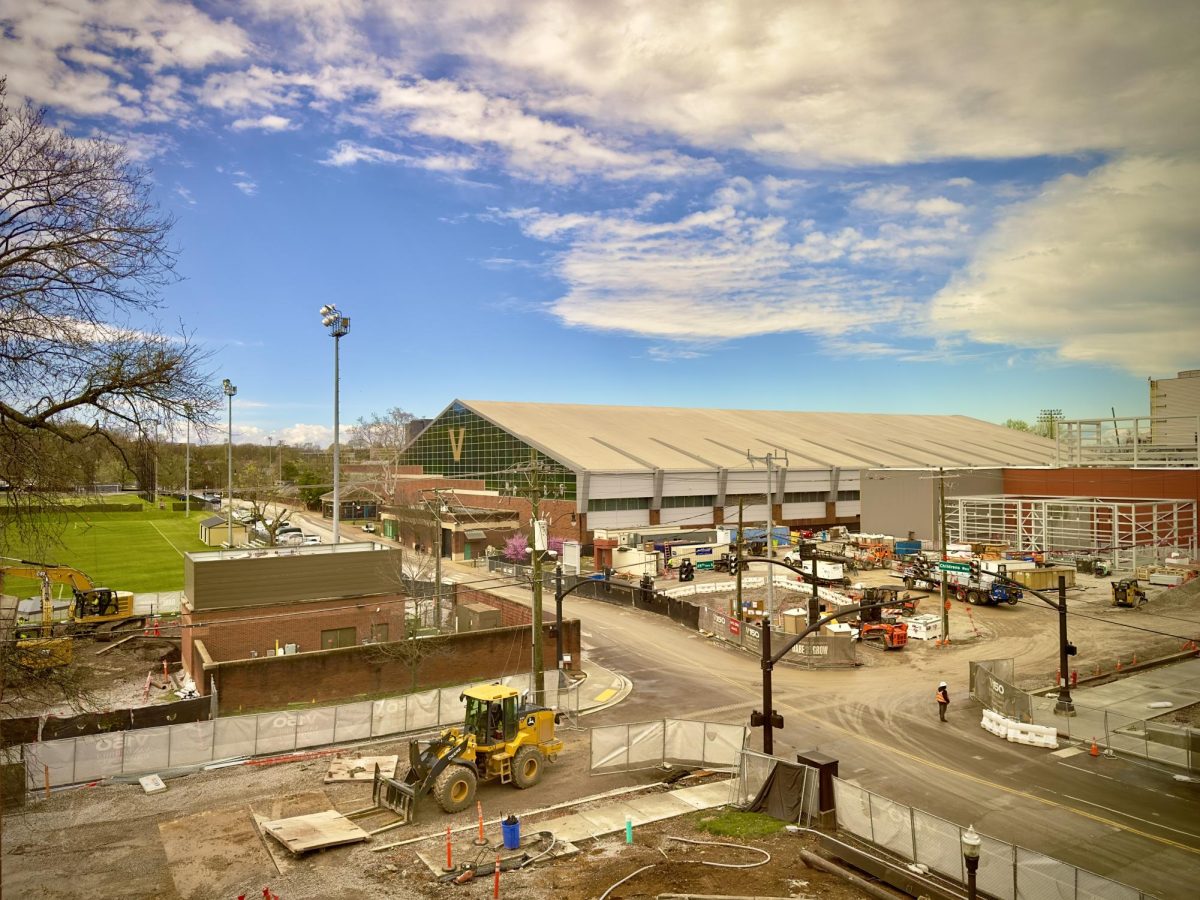
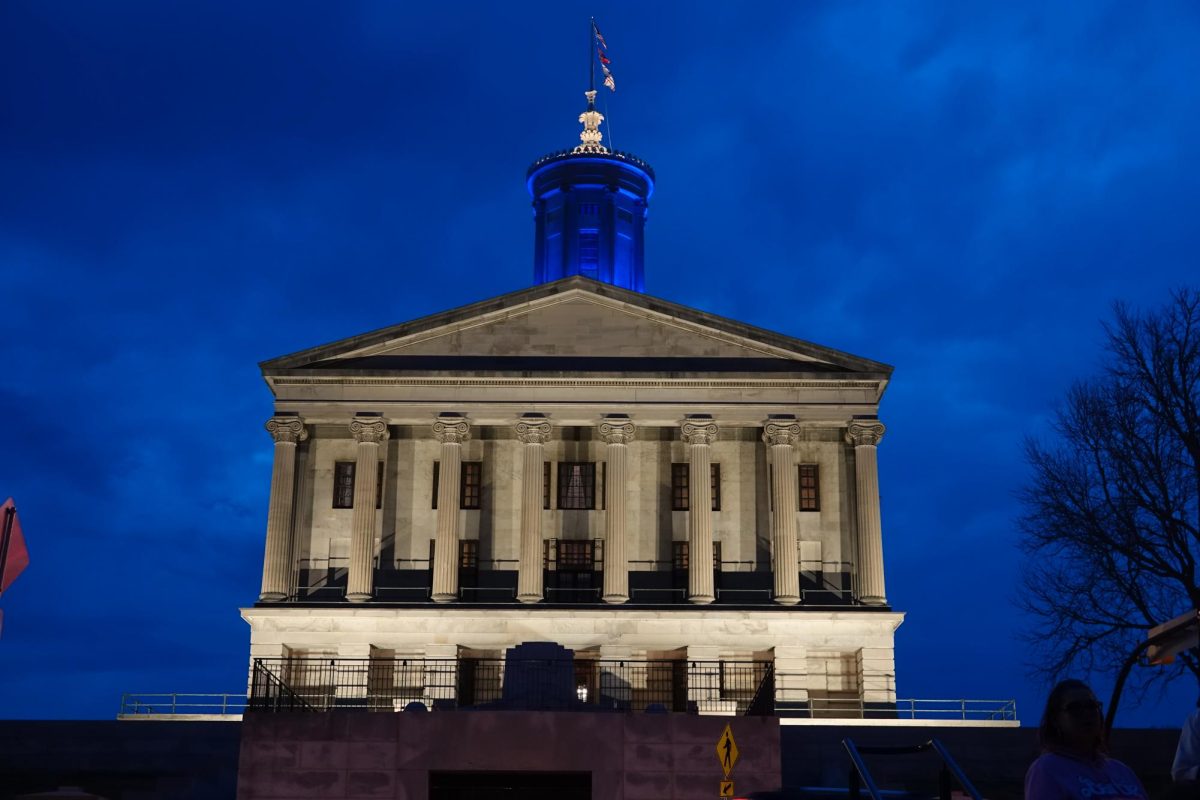
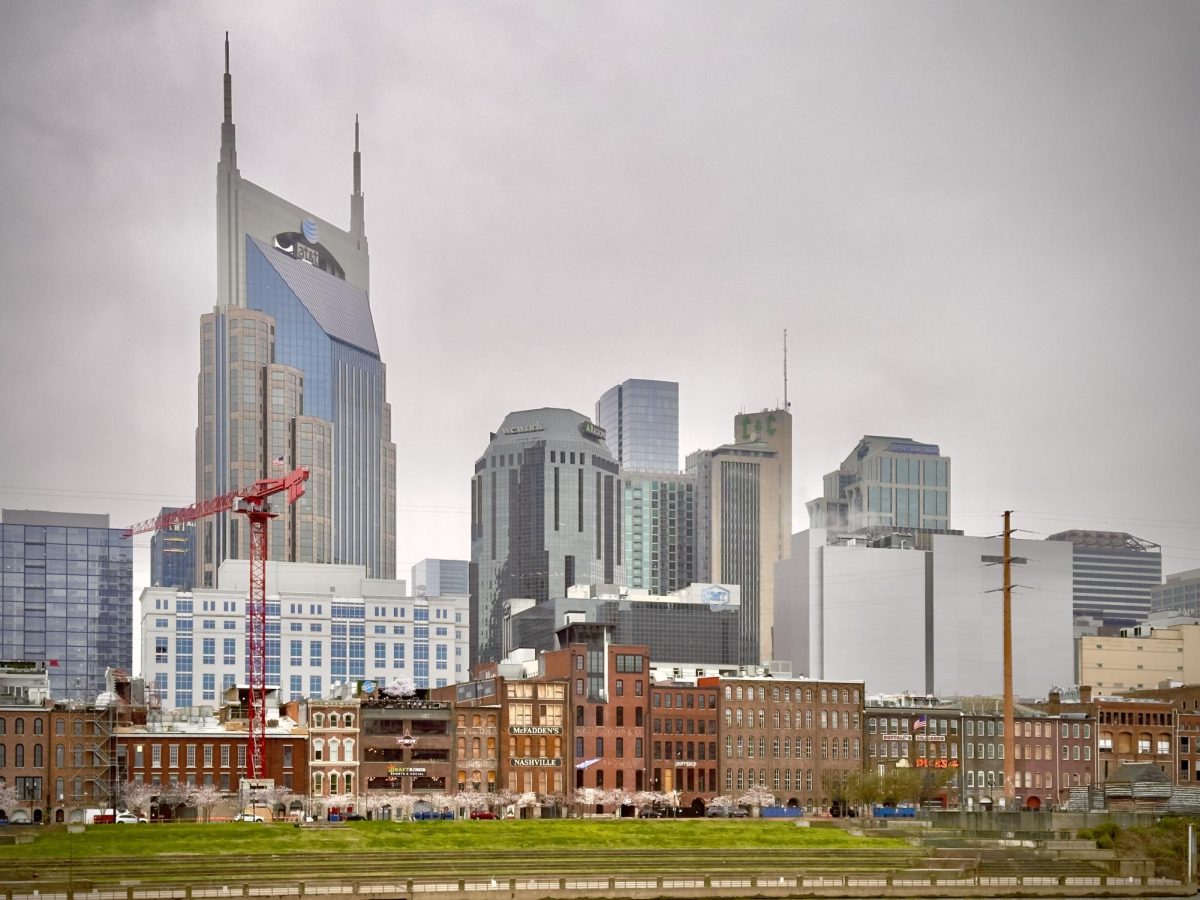
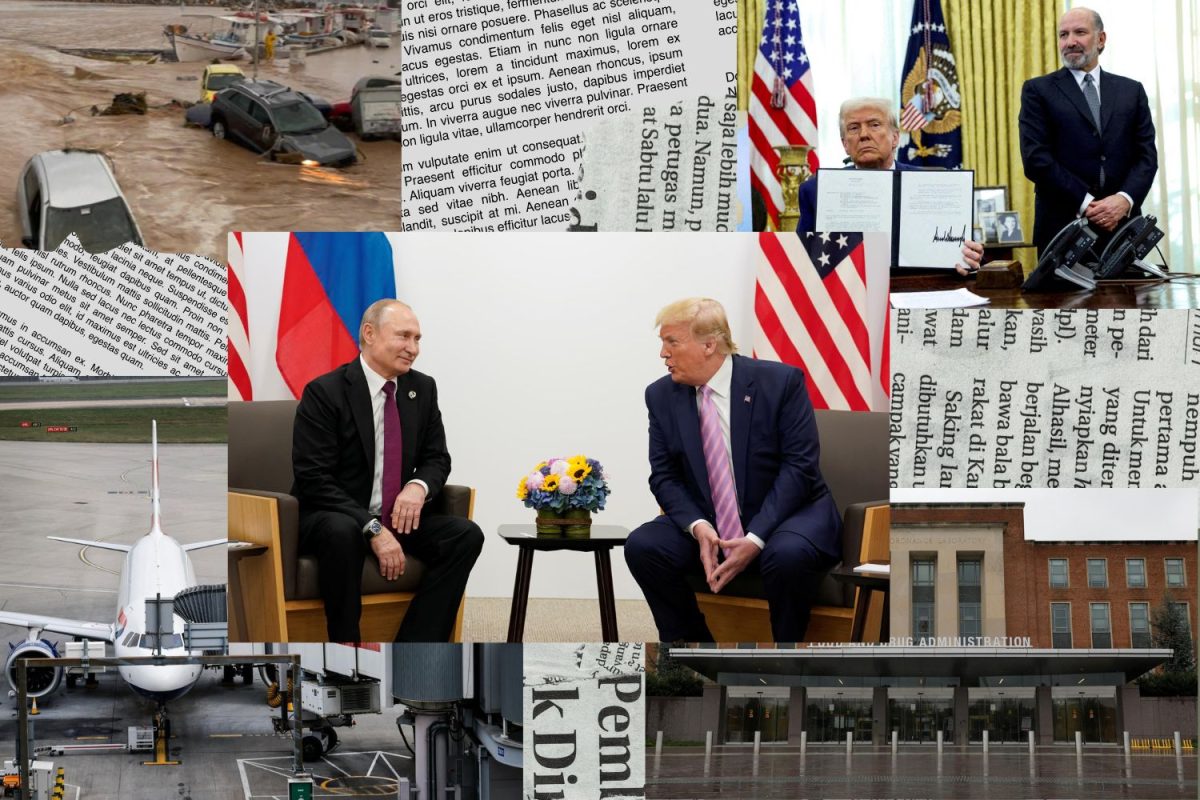

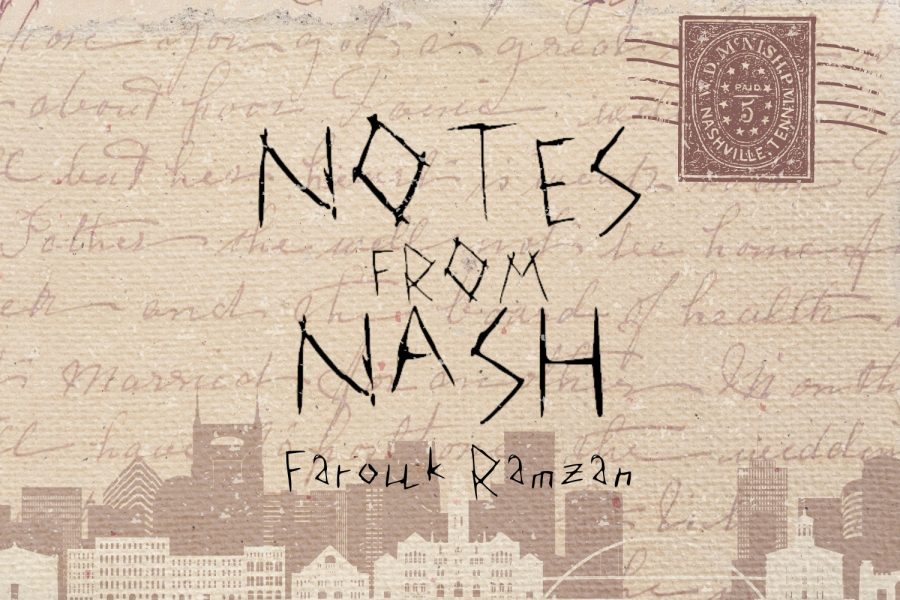
VU 25 • May 3, 2024 at 9:52 am CDT
“Moms have done a lot of silent labor in schools. And not just white moms — Black moms, Asian moms, queer moms, Hispanic moms.”
Capitalization shows greater importance for something. Why are white and queer in lowercase while Black, Asian, and Hispanic are capitalized? Linguistically are you trying to show that whites and queers are inferior humans?